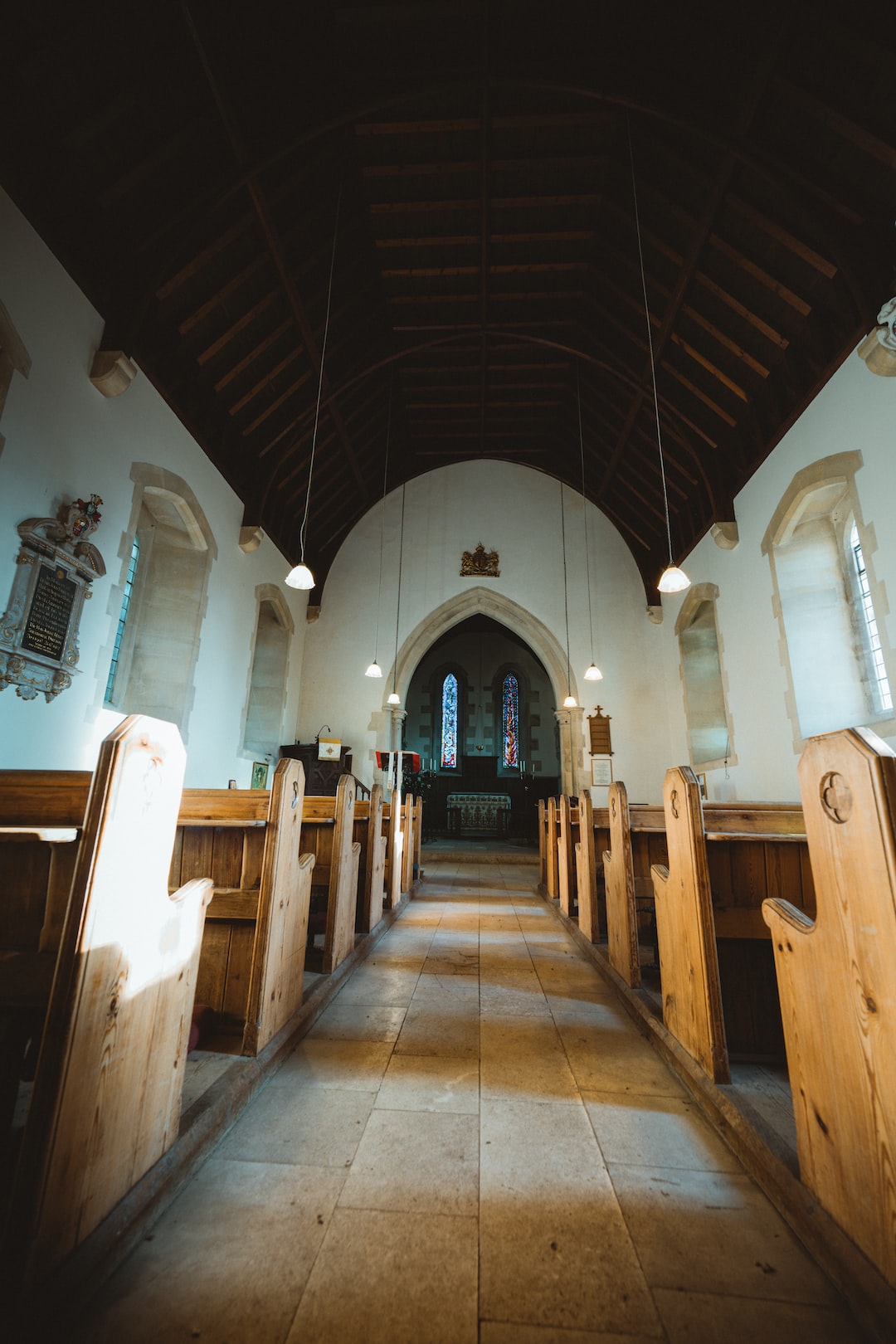The relationship between religion and politics is one that has been debated and discussed for centuries. The influence of religion on politics and society can be seen in various forms, ranging from the shaping of public policy to providing moral guidance.
Religion is a fundamental aspect of human life. It provides a set of beliefs, values, and rituals that help individuals make sense of the world around them. It is no surprise, therefore, that religion has had a profound impact on politics and society.
Religion and Politics
Religion has been a significant factor in politics for as long as there have been political systems. There are numerous examples of religion being used to justify and legitimize political power throughout history. Just think, for instance, of the divine right of kings in medieval Europe, where monarchs claimed their authority came directly from God.
In contemporary times, religion continues to play a crucial role in politics. Since the 1970s, there has been an increase in the number of religiously motivated political movements across the world. These movements have had varying levels of success, with some representing conservative or traditionalist voices, while others champion progressive values.
For instance, the Christian right in the United States has been a significant force in American politics since the 1980s. This movement draws its strength from conservative Protestant denominations and the Roman Catholic Church, and advocates for policies that align with their interpretation of biblical teachings. In contrast, the liberation theology movement in Latin America, which grew in the 1960s and 1970s, was fueled by Catholicism and aimed to address social injustices such as poverty and inequality.
Religion in Public Policy
The influence of religion in politics is most apparent in the realms of public policy. Many religious organizations and individuals have worked to shape policy debates around issues such as abortion, same-sex marriage, and the death penalty. In many cases, religious beliefs have been the driving force behind public policy decisions.
For example, the Catholic Church’s position on abortion is central to the abortion debate in the United States. The Church teaches that life begins at conception, and therefore, opposes all forms of abortion. This teaching has had a significant impact on the policy debate, with many conservative politicians using it to justify efforts to make abortion illegal.
Likewise, in many Muslim-majority countries, Islam has played a significant role in shaping public policy. For instance, in Saudi Arabia, the strict interpretation of Islamic law drives policy decisions on issues such as women’s rights and freedom of expression.
However, the influence of religion on public policy remains contentious. Critics argue that policies based on religious beliefs can be exclusionary, violating the principles of a secular democracy that values the separation of church and state. It is a challenging fine line to navigate, as many politicians are religious, and their faith informs their values and beliefs.
Religion and Identity Politics
Religion has also played a critical role in shaping identity politics. Identity politics is the term used to describe the political movements that are defined by characteristics such as race, gender, sexuality, and religion. As religion is such a fundamental aspect of many people’s lives, it is no surprise that it has become a key component of identity politics.
For instance, in the United States, the Christian right’s political influence can be seen as an aspect of identity politics. The movement is driven by people who believe that their religious identity is central to their political beliefs and actions. Likewise, in many Muslim countries, religious identity is a crucial factor in political mobilization.
More recently, religion has become a flashpoint in the culture wars in many Western countries. For instance, in the United States, the issue of whether businesses can refuse service to customers on religious grounds has sparked controversies. Critics of such policies argue that they promote discrimination against minorities, while their proponents argue that they protect religious freedom.
Religion and Society
In addition to its impact on politics and public policy, religion also has a significant influence on society. Religion has traditionally played a crucial role in providing moral guidance and shaping social norms. Religion offers a set of values that inform the way people live their lives and interact with others.
Religion plays a vital role in shaping family structures, cultural norms, and community relationships. For instance, many religious traditions have strict codes on sexuality and relationships, and these have been used to justify policies on issues such as marriage and divorce. Religious values have also played a crucial role in shaping cultural practices, such as dress codes, language use, and food habits. Religion is also a source of comfort and support for many people during difficult times.
However, religion’s influence on society is not always positive. Religious practices can reinforce societal inequalities, leading to discrimination against minorities and marginalized communities. Religious groups may also have different beliefs about social issues, and this can lead to tensions and conflicts within society.
To Summarize
Religion’s influence on politics and society is complex and multifaceted. Religion has always played a crucial role in political decision-making, shaping policies and providing moral guidance. Religion has also become an essential aspect of identity politics, with many religious groups identifying strongly with their faith as a fundamental component of their political beliefs.
Religion’s impact on society is equally significant. Religious beliefs and practices shape cultural norms and values, providing guidance on relationships, sexuality, and other aspects of life. However, religion can also reinforce social inequalities and lead to conflict and tensions within society.
Navigating the relationship between religion, politics, and society can be challenging, but it is essential to ensure that public policy decisions are fair and inclusive. Ultimately, the challenge is to find a way to integrate religious beliefs and values into democratic systems, while also promoting freedom, democracy, and the protection of human rights.

